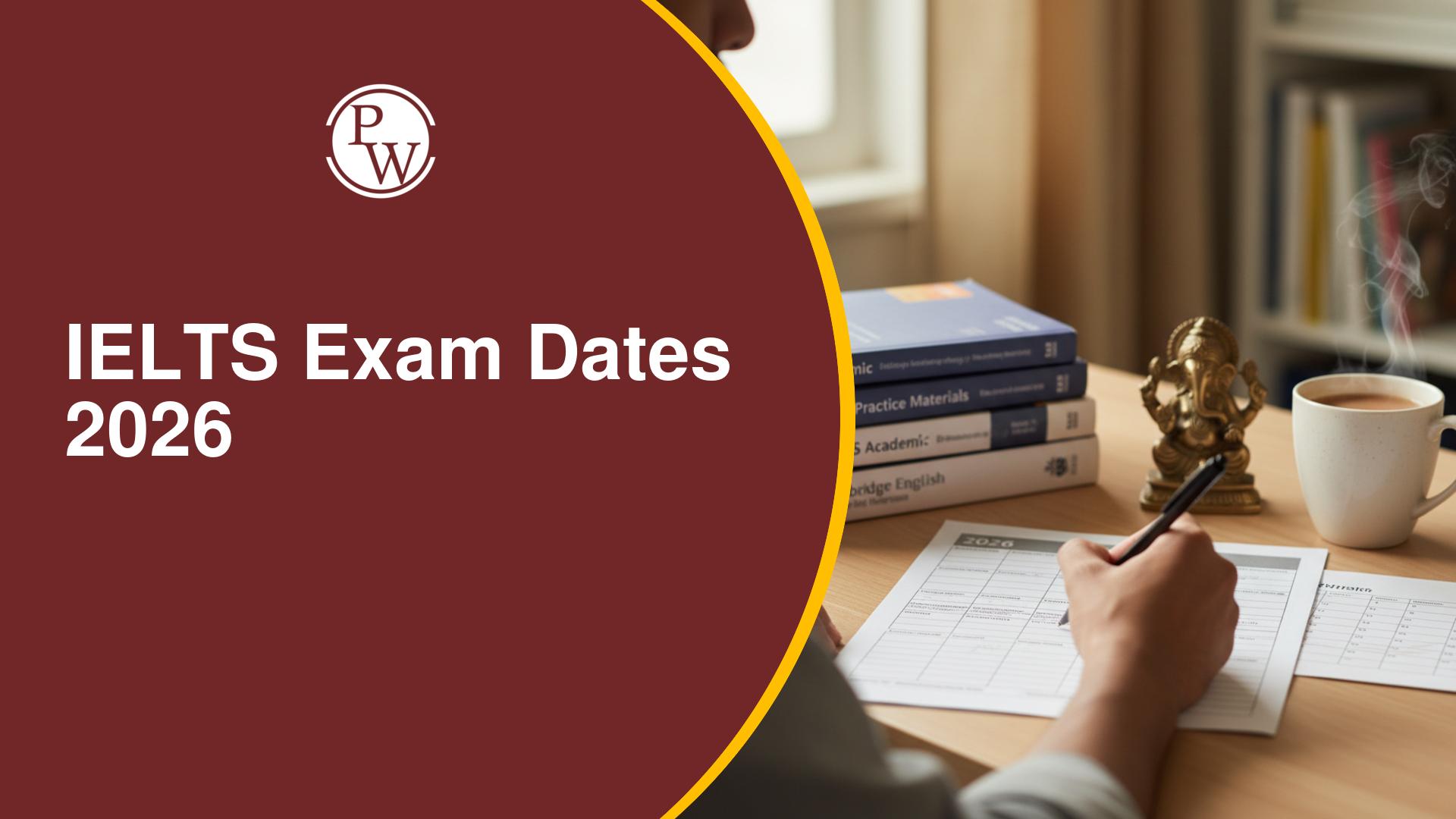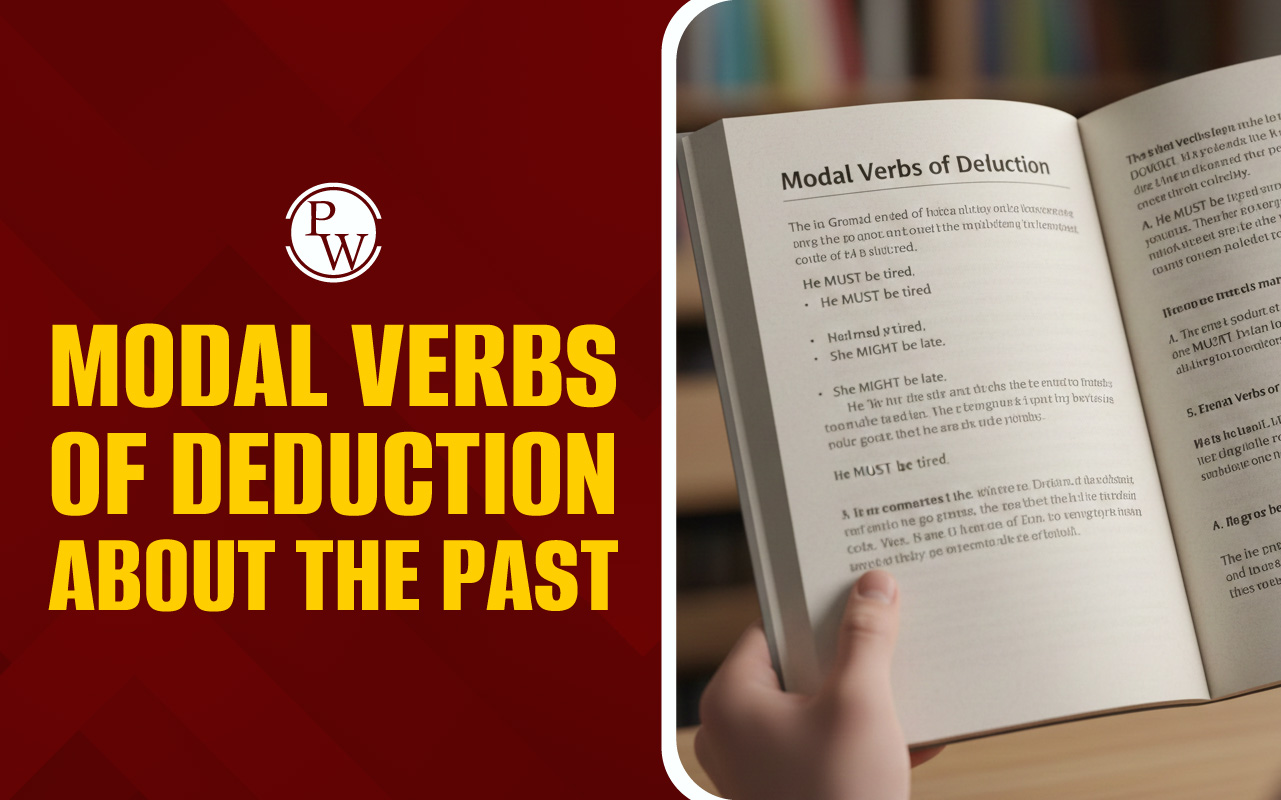
IELTS Speaking Tips: The IELTS Speaking test can affect the IELTS performance to a great extent. This test section assesses the English language fluency and communication skills of candidates willing to move to popular English-speaking countries. The Speaking test includes a face-to-face interview with a trained examiner. Therefore, many candidates often get nervous and struggle to achieve good scores on the test. However, However, with the right preparation strategies and tips, candidates can easily accelerate their overall IELTS Speaking band scores for the test. Here, we have included some important IELTS Speaking tips for international candidates to help them achieve their desired test scores.
IELTS Speaking Tips
The tips and tricks to prepare for the test vary depending on the strengths, weaknesses, and personal development of the candidate. Therefore, articulating tips for all candidates can be challenging as they might not apply to all test-takers. Here, we have included some tips for IELTS candidates that guide them to increase their preparation and scores for the test.
Understand the Structure of the Test
The IELTS Speaking test has three parts. Understanding the IELTS Speaking Test Format will help candidates get a complete idea of the test, what the common question types are, the scoring system, and more.
|
IELTS Speaking Test Format |
||
|---|---|---|
|
Part |
Description |
Duration |
|
Part 1: Introduction and Interview |
A conversation about familiar topics such as your work, studies, family, or hobbies. |
4–5 minutes |
|
Part 2: Long Turn |
You receive a task card with a topic, have 1 minute to prepare, then speak about the topic for 2 minutes. |
3 minutes total |
|
Part 3: Discussion |
A deeper discussion about the topic from Part 2, exploring ideas, opinions, and broader issues. |
4–5 minutes |
Do not Memorise Answers
Avoid memorised responses, especially in Part 1. The examiners in the IELTS test are completely trained, which helps them to recognise the memorised answers on specific topics. Providing memorised answers can lower the overall IELTS band score. Instead, aim for natural and flexible language use.
Use Vocabulary You Are Comfortable With
Do not complicate answers by using complex vocabulary and phrases. Try to converse in simple and easily understood sentences to make the communication more effective. Using complex IELTS vocabulary can break the fluency of the speech. It is better to use simpler language accurately than advanced vocabulary incorrectly.
Also Read:
Practice a Range of Grammatical Structures
The IELTS grammar is assessed for both range and accuracy. Mix simple and complex sentences, and practice using different tenses. Record yourself speaking about various topics to identify and correct errors.
Do not Worry About Your Accent
Do not try to change your accent to communicate with the examiner. The IELTS test examiners are well-trained to understand a wide range of accents. Therefore, speak in your natural accent. Do not try to over-pronounce, and try to speak clearly and naturally.
Think Before You Speak
Do not try to speak too quickly. Take enough time to gather your thoughts and ideas. Use natural-sounding phrases like: "That's an interesting question.", "Let me think for a moment.", etc, to get time to frame your answers. These give you time to structure your thoughts without using awkward fillers.
Also Check:
Avoid Fillers
Common fillers like “umm,” “like,” “you know,” or “ahh” should be avoided. They can distract from your message and suggest a lack of fluency. Replace fillers with confident pauses or useful phrases.
Give Full, Extended Answers
Try not to give short, one-sentence responses. Instead, explain your answers and add details. If the examiner asks “Why?”, they want you to elaborate. Practicing storytelling techniques can be helpful for Part 2.
| IELTS Speaking Part 1 | IELTS Speaking Part 2 | IELTS Speaking Part 3 |
Practice Common IELTS Speaking Topics
Familiarity with common topics can reduce anxiety and improve fluency. Practice speaking about themes like:
-
Environment
-
Travel
-
Education
-
Technology
-
Family
-
Sports
-
Crime
-
Culture
Make mind maps or vocabulary lists for each topic to help you remember key ideas and words.
Candidates can use their phones and recording devices to practice speaking at home. Listen to the recording on repeat to identify the weaknesses and strengths. Work on developing your grammar, pronunciation, and fluency.
Guidance of PW IELTS
Physics Wallah provides top-notch online IELTS coaching tailored for students. This course aims to effectively support students in their IELTS preparation journey.
| What is IELTS Exam? | Documents Required for IELTS Registration |
| IELTS exam eligibility requirements | IELTS Exam Fees |
| IELTS test results | IELTS Exam Pattern |
IELTS Speaking Tips FAQs
How do I improve my speaking for IELTS?
How can I get 8.5 in IELTS speaking?
How to do well on IELTS speaking?
How to get a 9 in IELTS speaking?
How to speak fluently in IELTS?







